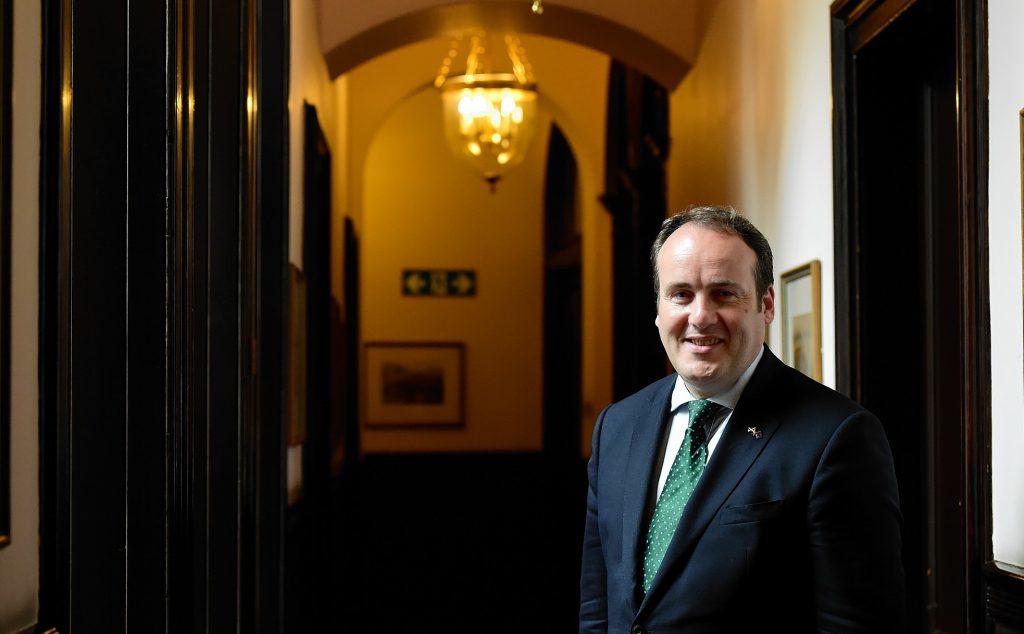
Scottish energy minister Paul Wheelhouse has urged the UK Government to review its position on low cost renewables and recognise the challenges faced by remote island projects.
Calling for UK ministers to “seize the opportunity” presented by renewables, Mr Wheelhouse said that there was a “need for market certainty”.
He said at the Scottish Renewables conference: “It’s clear that projects are finding it difficult to achieve financial close in a post-CfD (Contracts for Difference) world. My view remains that there is a need for market certainty and support over the short to medium term, and we continue to call for UK ministers to seize the opportunity there.
“Our policy statement made clear the role that market mechanisms such as the CfD can play in reducing the share in project risks at no cost to consumers and we continue to urge – repeatedly so – the UK Government to review its position on this matter and to permit the lowest cost renewable technologies to play an enhanced, and very cost effective part, in meeting our shared renewable energy and climate change goals, while providing the vital energy our economy needs”
CfD’s guarantee energy producers a ‘strike price’ for every megawatt per hour (MWh) they supply to the grid over a 15-year period.
Mr Wheelhouse also urged Westminster to ensure that the “unique challenges and costs” faced by remote island renewable energy projects were taken into consideration in order for them to compete successfully with mainland developments in future CfD auctions.
He said: “Our tenacity has been rewarded in the form of recent proposals by the UK Government to include remote island wind within the next Contracts for Difference auction as a positive outcome from the last Island Delivery Forum outing in Stornoway where we were able to get compelling presentations from stakeholders, including the three island authority areas to secretary of state Greg Clark.
“The inclusion of our route for remote islands that went in the CfD pot is less than we hoped, but it is nonetheless a significant and welcome development. But I emphasise it is only the first step.
“Developments in our islands face unique challenges and costs; the final design of the next auction must recognise these challenges and ensure that our island projects have a legitimate and meaningful opportunity to bid successfully. I put these points directly to the UK Government and continue to do so.”
Recommended for you
